
Na-soap biological soap products are aimed at consumers who like benign, environmentally friendly products.
Used cooking oil is often improperly disposed of, causing harm to the natural environment and significantly affecting human health. Currently, this type of kitchen “waste” has been recycled into biological detergents, applied in daily life.
The second journey after recycling of cooking oil is even more meaningful when combined with polyphenol essence extracted from young fruit and peel of Ba Den soursop, contributing to a unique brand of Tay Ninh land and people, called Na-soap.
From idea...
Surely, when mentioning Master Nguyen Thi Hieu Trang - a research specialist at the Center for Science and Technology (under the Department of Science and Technology), many people will remember her research on dry hand sanitizer gel and antiseptic solution to prevent and fight Covid-19 from soursop peel and seeds in 2020.
Recently, Hieu Trang's project "Recycling processed cooking oil into biological detergent" won first prize in the Tay Ninh province's innovation and startup competition in 2022-2023.

Master Nguyen Thi Hieu Trang - Research CV of the Center for Science and Technology (under the Department of Science and Technology) shares about the idea of implementing a project to recycle used cooking oil into biological detergent.
Vegetable oil is now widely used in life. This is an almost indispensable cooking ingredient in every family's kitchen and is widely used in restaurants, fast food stalls, fried dough sticks, fried onions... According to scientific research, the habit of using cooking oil for frying over and over again is extremely unsafe and can lead to many health problems such as diabetes, cardiovascular disease, stroke and cancer-related diseases.
During food preparation, many housewives, food processing establishments and restaurants often pour leftover cooking oil directly into the drain of the daily sink. After the waste cooking oil flows down the drain, it will cool, creating deposits, accumulating and clogging the drain, causing bad odors and polluting the environment.

Process of recycling used cooking oil into bio-detergent.
Based on reality, Hieu Trang has worked hard to research and come up with a suitable solution to recycle processed cooking oil into useful cleaning products, contributing to environmental protection.
She said: “The project to produce biological detergent from used cooking oil uses the saponification reaction method combined with polyphenol active ingredient extracted from young fruit and soursop peel. In medicine, polyphenol is one of the natural compounds with many effects such as strong antioxidant, anti-inflammatory, antibacterial, anti-allergic, anti-aging...
Utilizing by-products from soursop to extract antioxidant compounds, specifically polyphenols, which improve skin cell aging, combined with glycerol synthesized from the saponification reaction of processed cooking oil to create a safe and benign soap product. This solution brings economic and medical benefits, contributing to reducing environmental pollutants.
…To the Naso reality
Currently, Hieu Trang has launched 3 products called "Na-soap" including: biological soap, biological cleaning cream and soap making ingredient combo.
According to the project author, the product name “Na-soap” is a combination of “Na” - another name for Tay Ninh custard apple. In addition, “Na” is also an abbreviation of the English word “Nature” and “Agriculture” (meaning agricultural and natural products); “Soap” in English means soap. Na-soap is a biological soap product with 100% polyphenol extract from the by-products of Tay Ninh custard apple trees and is a product bearing the brand of Tay Ninh hometown.
Na-soap biological detergent and soap products are used for personal hygiene, laundry, kitchen cleaning, dishes, bathing pets, etc. This solution not only saves costs, reduces the harmful effects of toxic cleaning chemicals and excess grease on the environment, but also helps to take advantage of the by-products of young custard apples after each pruning season in the province.
Hieu Trang added that through a survey of raw materials for making Na-soap products, soursop is the main fruit of Tay Ninh province with a total production area of nearly 5,500 hectares in 2022, the largest in the country.
During the process of cultivating custard apples, farmers apply thinning measures to remove diseased, deformed, small, and densely grown fruits to improve the quality and size of the fruit.
Thinning is done twice per crop, and it is estimated that the young custard apples during thinning range from 200 - 500 kg/ha/crop. To thin the fruit, custard apple farmers have to pay a large amount of money, and after thinning, this by-product is left in the garden to decompose by itself. This is an abundant source of raw materials for the natural polyphenol extraction process, adding antioxidants to the biological detergent Na-soap.
As for processed cooking oil, the amount used by restaurant chains is up to tons of oil per year, some chains specializing in fried foods alone can use up to 14 tons/year. That does not include the amount of used cooking oil in each family.
“Recycling used cooking oil brings long-term benefits and contributes to sustainable development. The biological soap/detergent and homemade soap combo called Na-soap will primarily target consumers who like benign, environmentally friendly products,” Hieu Trang shared.
Phuong Thuy - Tam Giang
Source






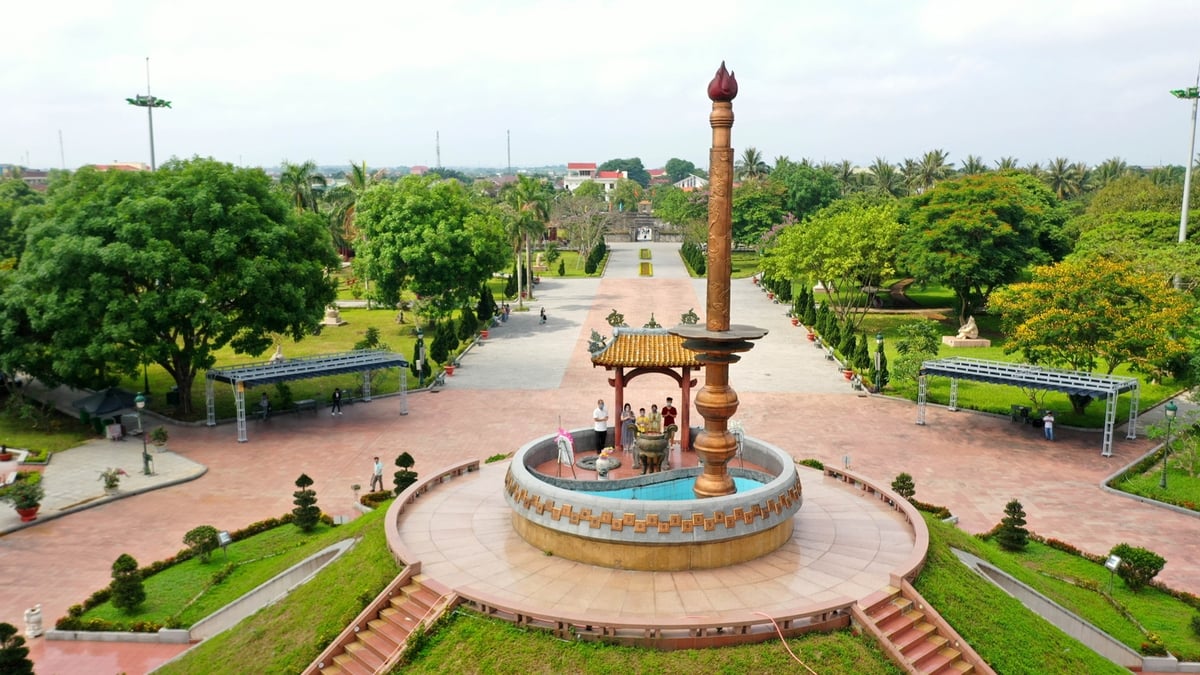

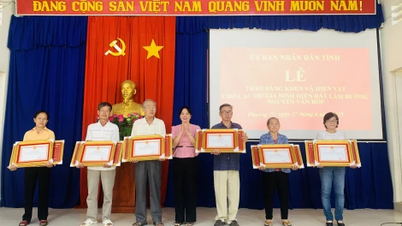











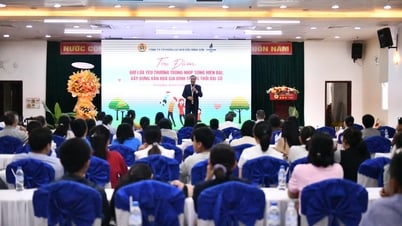



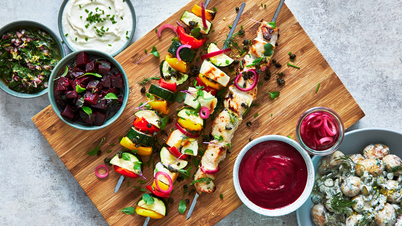








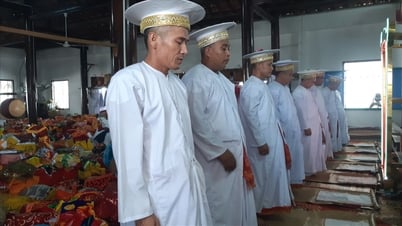



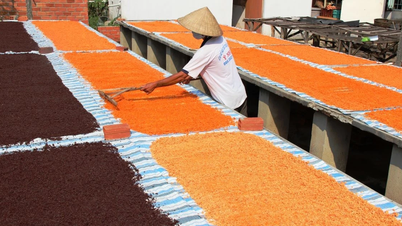

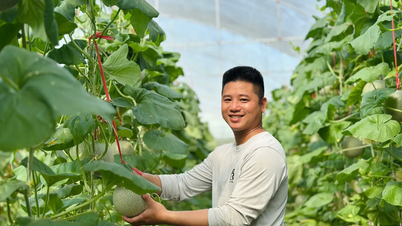





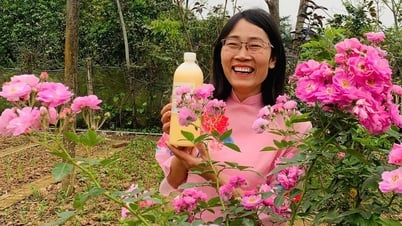

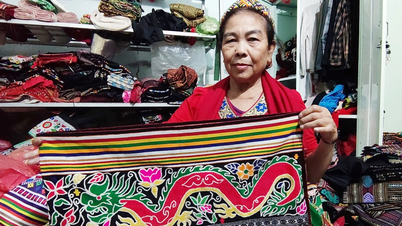

























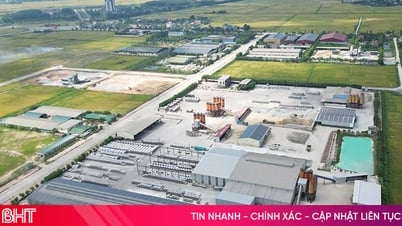


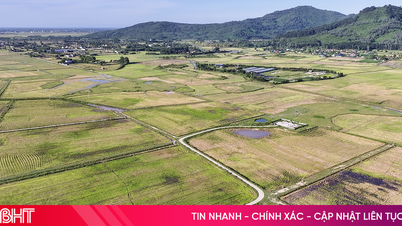



















Comment (0)